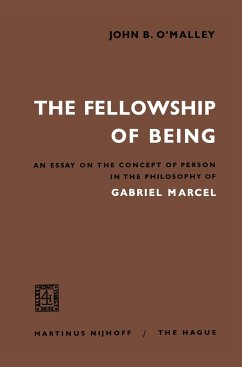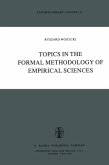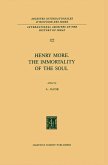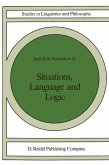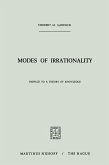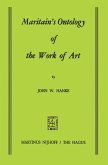This book is the fruit of a critical inquiry into the nature and scope of Marcel's philosophie achievement. As such, it is concerned less with affixing the appropriate label (personalist or existentialist) to Marcel's thought -and with it making it stick - than with discovering the precise impulse and tenor ofhis philosophy. In the process ofthat more general inquiry, the writer found being forced upon hirn a central concept as integrating focus of Marcel's philosophie investigations. This eoneept was that of the person. Gradually it emerged as a concept not only of prime importance for understanding the underlying harmony that pervades Marcel's professedly unsystematic researches, but equally as one of profound significanee for any philosophy that pretends adequately to aecount for human experienee. Furthermore, it seemed that the eoneept derived much ofthat significance from its acceptance precisely in the context of Marcel's thought. This feature ofMareel's philosophie writings alone is warrant enough for overeoming any initial embarrassment aroused in Anglo-Saxon breasts by his style. For, to speak candidly, that style is of a generation and a climate whose tastes little aecord with palates trained to a greater astringeney. Nor will Marcel's evident and unashamed coneern with life and its problems necessarily evoke a warm response in minds aceustomed to operate in an atmosphere of stricter and more aeademic reserve.
Hinweis: Dieser Artikel kann nur an eine deutsche Lieferadresse ausgeliefert werden.
Hinweis: Dieser Artikel kann nur an eine deutsche Lieferadresse ausgeliefert werden.

